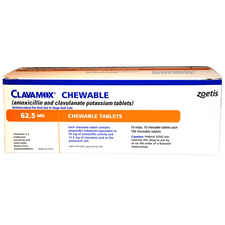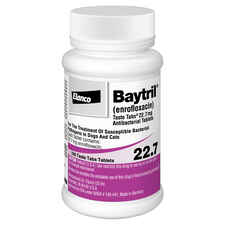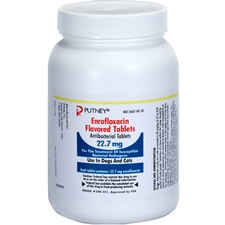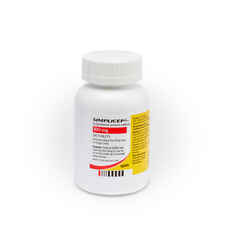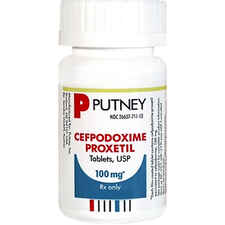How to Treat Urinary Tract Infections in Dogs or Cats
Doctor of Veterinary Medicine

While efforts are made to answer all questions as quickly as possible, if an immediate answer is required or if your pet is in need of urgent or emergency care, contact your pet's veterinarian immediately.
Doctor of Veterinary Medicine

You will receive an answer from Dr. Lindsay and our vet/tech team as soon as possible, usually the same day.
All answers are provided for informational or educational purposes only, and are intended to be a supplement to, and not a substitute for, the expertise and professional judgment of your pet's veterinarian.
It may be necessary to consult your pet's veterinarian regarding the applicability of any opinions or recommendations with respect to your pet's symptoms or medical condition.
CloseDoctor of Veterinary Medicine

An error has occurred, please reload the page and try again.
CloseWhile efforts are made to answer all questions as quickly as possible, if an immediate answer is required or if your pet is in need of urgent or emergency care, contact your pet's veterinarian immediately.
There is no answer related to your question
Antibiotics are the main form of therapy for pets with urinary tract infections. The course of therapy for pets with first time infections is typically 10-14 days. In pets with recurrent or prolonged urinary tract infections, therapy with antibiotics may last for three to four weeks or even longer. In these cases it is especially important to identify the specific bacteria causing the infection, as well as which antibiotics will kill the bacteria. This is critical in helping veterinarians determine the appropriate therapy. Other adjunctive therapies, including the use of cranberry supplements, such as Cranberry Relief, and herbal extracts may be helpful in alleviating symptoms, however these therapies do not replace appropriate courses of antibiotics.
Interestingly, bacteria are not involved in most cases of cats with signs of urinary tract inflammation, and so the use of antibiotics in these cases is not recommended. Anti-inflammatory and pain medications including Amitriptyline, Buprenex, and even Prednisone may be helpful in treating urinary tract inflammation in cats. Agents that soothe the urinary bladder such as Cosequin also may be useful in cats.
Prognosis and follow-up for pets with urinary tract infections
The symptoms of your pet's urinary tract infection will usually dramatically decrease within two to four days of therapy. Prognosis of a cure for simple urinary tract infections is excellent after a two-week course of therapy. A follow-up urine analysis should be done five to seven days after antibiotic therapy is completed to evaluate for persistent, unresolved, or recurrent infection. If your pet's infections are not adequately controlled, long-term complications including deep-seated kidney infections and pain may occur. In cases that recur or with prolonged symptoms, it is important to have a complete medical examination to evaluate for underlying causes that need to be addressed. In cases where physical exam and diagnostic testing fail to determine underlying causes, long-term therapeutic options including daily, low-dose antibiotic therapy at bedtime may be tried. In other cases, five to seven-day full course antibiotic therapy each month (known as pulse therapy) is another common long-term treatment option.
Urine analysis, urine culture, and X-rays will likely be repeated intermittently in pets with a history of chronic or recurrent urinary tract infections. While a cure may not be possible in these cases, palliative symptomatic control is often achieved with frequent re-evaluations.




















